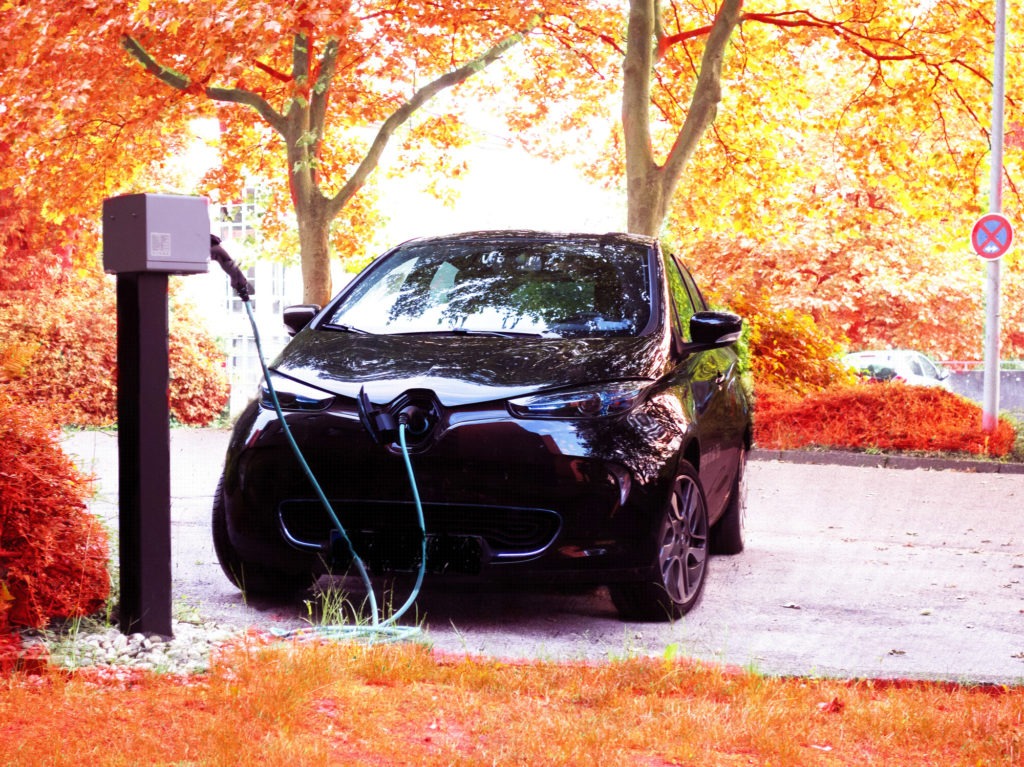PSA announces Citroen EV plans while Daimler cancels Smart dealership contracts for electric push
01 November 2017

01 November 2017
With emissions becoming a key word in the future planning for a number of manufacturers, electric vehicles (EVs) offer a way of reducing CO2 output while also moving away from the much maligned diesel technology.
Strict EU regulations on CO2 emissions could see a number of manufacturers facing large fines for missing reduction targets by 2020, while the Commission discusses further targets for 2021 and beyond. The main reason for companies missing these targets is due to consumers moving away from diesel, which emits less CO2, while EV strategies are being rushed through due to the sudden change in market conditions.
While a number of manufacturers have already shared their plans, including Volkswagen (VW) and Audi, others are now unveiling their ideas for the future. French manufacturer group PSA has announced that it is now starting to plan the electrification of its Citroen brand. The company is planning for at least 80% of new models offered by 2023 to be electric or hybrid powered.
At the launch of the company’s facelifted C4 Cactus model, CEO Linda Jackson suggested that flexible platforms will be used to accommodate different types of drive, from pure electric vehicles to plug-in hybrid (PHEV) and traditional hybrid. This could then move across to the Peugeot and Opel brands, with a shared platform.
Speaking to UK magazine Auto Express, Jackson suggested that the company is responding to demands in foreign markets. ′In China they’ve gone down the electric route, so you’ve got to be present with PHEV and electrification,’ she explained.
One car that looks certain to feature electrification will be the firm’s next-generation D-segment saloon, which has been in development for around three years now. Asked if the new flagship – which will replace the current generation C5 – could feature electrification, Jackson replied: ′Yes, absolutely.’
At the heart of the product rollout will be a new platform currently being developed in partnership with China’s Dongfeng Motors. In May 2016, PSA announced an agreement between the two parties to develop a new all-electric architecture, which is based on PSA’s Common Modular Platform.
The move comes as all-electric versions of the Peugeot 208 and the DS3 Crossback are planned for 2019. In 2020, an e-variant of the Peugeot 2008 will follow.
Meanwhile, while Daimler has already highlighted its electric future and admitted that it still has a place for diesel power alongside it within the Mercedes-Benz brand, its other subsidiary, Smart, is expected to move to a pure electric only brand.
However, this move will also bring a new sales concept, which has led to the brand terminating a number of dealership contracts with a two year notice period. A number of sales partners were expecting change in 2025, however for some locations, impacts will be minimal as they share locations with Mercedes-Benz.
Daimler has also announced a six-month waiting list for the new E-Smart, which will become available to consumers in March 2018.